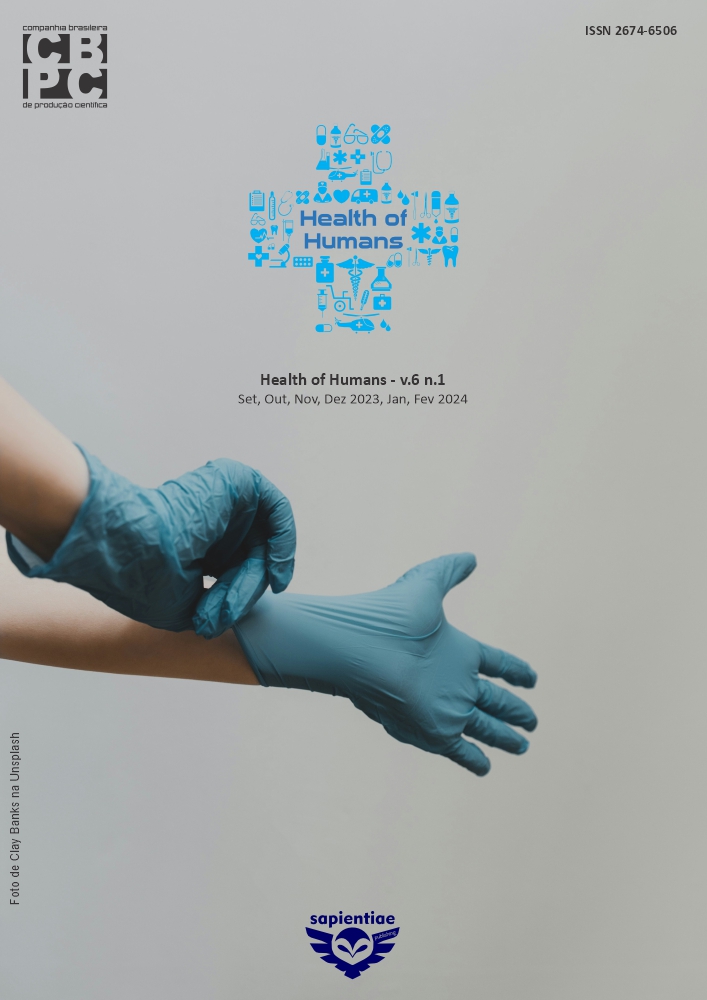Strategies for early intervention in preterm infants in the Neonatal Intensive Care Unit: a literature review
DOI:
https://doi.org/10.6008/CBPC2236-9600.2018.002.0007Keywords:
Prematurity, Early intervention, Physiotherapy, Newborn, Intensive Care UnitAbstract
Prematurity is associated with high rates of neonatal morbidity and mortality, especially when associated with low weight, lower gestational age and global immaturity of various organs and systems. Prematurity is therefore a public health problem that affects 11.5% of live births in Brazil, which can lead to death or prolonged hospitalization in neonatal intensive care units. This period of hospitalization, if it is not well followed up, can lead to several sensorimotor sequelae . Early intervention is a set of actions that will enhance an adequate neuropsychomotor development through a careful evaluation and personalized Physiotherapeutic assistance. The objective of this study was to perform a literature review to identify the main physiotherapeutic strategies of early intervention in preterm newborns in a neonatal intensive care unit. For that, a survey was carried out in the manuals of the Ministry of Health and articles published in the last ten years, in databases such as Scientific Electronic Library Online (SciELO), Latin American Literature in Health Science (LILACS), Google Academic, Coordination of (CAPES), Physiotherapy Evidence Database (PEDro) and PubMed, between November 2017 and April 2018. Using the keywords according to the classification of Health Sciences Descriptors (DCS): prematurity, early intervention, physiotherapy, newborns and intensive care unit and their correlates in the English language prematurity, early intervention, physiotherapy, newborn, intensive care unit. We selected 96 articles among them 40 excluded, because they were not in accordance with the proposed theme or date was lower than established. It is necessary to establish programs of early intervention, through auditory, visual, motor, tactile-kinesthetic, proprioceptive
and vestibular strategies, by physical therapy in a continuous and systematized form in the NICU, associated with collective actions of all multiprofissional teams. In order to minimize neuropsychomotor sequelae , reduction of hospitalization time and greater chance of survival with short and long term quality of life.
Downloads
Downloads
Published
Issue
Section
License
The CBPC - Companhia Brasileira de Produção Científica (Brazil CNPJ: 11.221.422/0001-03) the material rights of the published works. The rights relate to the publication of the work anywhere in the world, including rights to renewals, expansions and dissemination of the contribution, as well as other subsidiary rights. All electronically published works may subsequently be published in printed collections under the coordination of this company and / or its partners. The authors preserve the copyright, but are not allowed to publish the contribution in another medium, printed or digital, in Portuguese or in translation.








